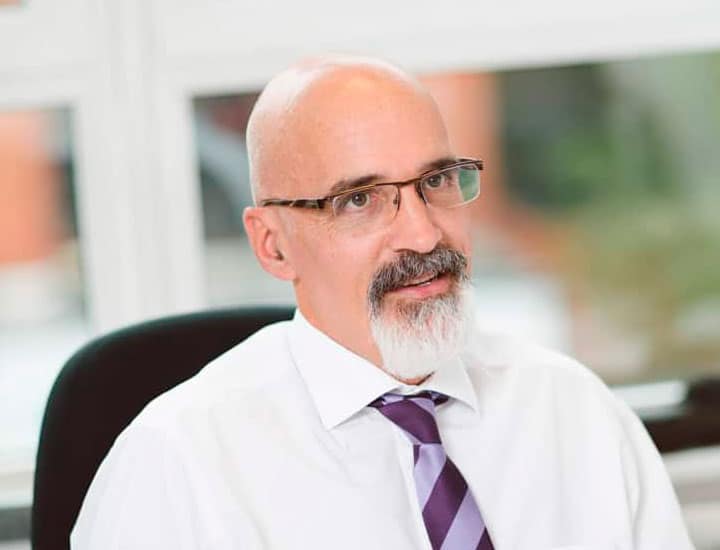Legal
What capacity should you have to make a valid Will?
The recent Court of Appeal decision in Hughes v. Pritchard provides a useful analysis of the key issues that are relevant to a probate claim that seeks to challenge the validity of a Will, on the grounds of a lack of testamentary capacity.
The case concerned a challenge to the deceased’s 2016 Will, which he executed whilst suffering from “moderately severe dementia” and was also mourning the death of his son. The 2016 Will was significantly different to an earlier 2005 Will. Later it was claimed that the deceased lacked capacity at the time he made the 2016 Will.
Someone must have testamentary capacity in order to make or change a Will. This means that they must have the ability to understand what they are doing and the impact that it will have on their estate and anyone who might inherit. A Will is invalid if someone makes or changes it without testamentary capacity.
In order to make a valid Will, the individual must:
- understand that they are making a Will
- understand what property they have and what they are leaving under the Will
- understand if anyone else, such as other family members, may have claims on their estate and the consequences of excluding them from the Will
- not have been suffering from any mental disorder or delusion which influenced their views
Capacity challenges are on the increase. This is due to several factors including an increase in dementia related illnesses, and an ageing population. People are living longer and more likely to be suffering from serious illnesses. However, just because a person is old or suffering from an illness such as Alzheimer’s, does not automatically mean they do not have capacity to make a Will. Capacity can fluctuate. A person may have capacity on the morning but not as the day progresses or vice versa. Capacity is decision specific. Each case is different and needs to be assessed on an individual basis.
This case considered the importance to be placed on the evidence of the solicitor who drafted the Will relative to the later medical evidence.


















Martyn Trenerry, a specialist in contested Wills, said:
“This case reinforces the importance of seeing the Will writers file. This should include evidence of the person’s instructions, detailed attendance notes of their discussions with the Will writer, and perhaps most importantly the Will writer’s conclusions as to their testamentary capacity.
It is essential that anyone who seeks to challenge a Will properly investigate capacity issues at an early stage by obtaining factual witness statements, reviewing the Will file and medical records and where possible interviewing the witnesses to the Will.”